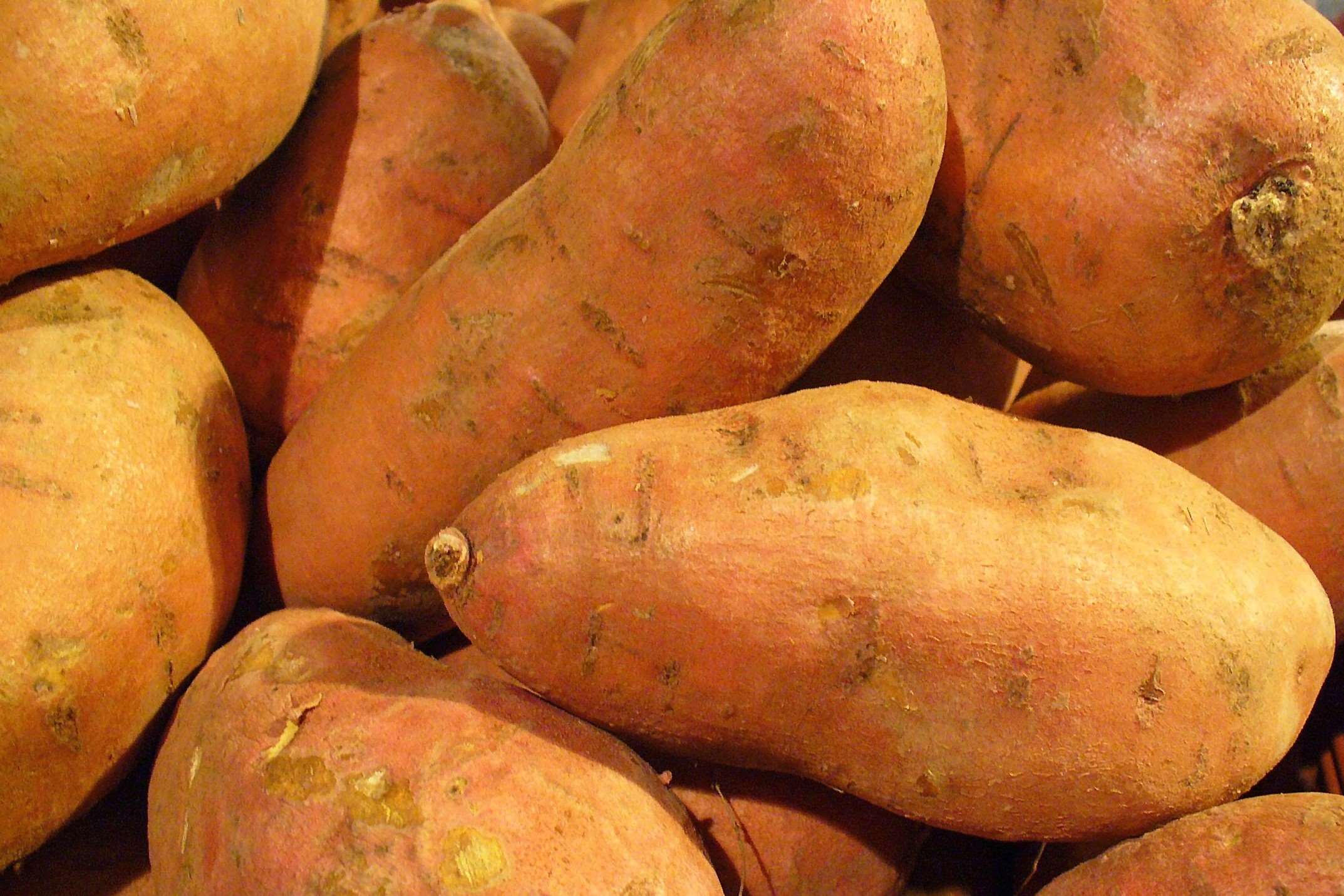
When it comes to nutrition, it’s important to have a well-rounded understanding of the different foods we consume. One versatile and nutritious food that often goes underappreciated is the humble batata, also known as sweet potato. Packed with essential vitamins, minerals, and fiber, batata is not only delicious but also offers a multitude of health benefits. In this article, we will explore 10 fascinating nutrition facts about batata, including its impressive vitamin and mineral content, its role in promoting digestive health, and its potential to support weight management. Whether you’re a fan of batata or simply curious about its nutritional value, this article will provide you with valuable insights to help you make informed food choices and embrace the many benefits this superfood has to offer.
Key Takeaways:
- Batata, or sweet potato, is a fiber-packed veggie that supports digestion, boosts energy, and promotes healthy eyes, skin, and brain. It’s a tasty and nutritious addition to any diet!
- With its low fat content and ability to control blood sugar and appetite, batata is a great choice for weight management and overall health. Plus, it’s rich in essential vitamins and minerals!
High in Dietary Fiber
Batata, also known as sweet potato, is a highly nutritious root vegetable that is rich in dietary fiber. Fiber is essential for maintaining a healthy digestive system and can help prevent constipation.
Excellent Source of Vitamins
This tuberous root is packed with vitamins A, C, and E, which are essential for a strong immune system and overall good health. These vitamins also have antioxidant properties, which help protect cells from damage.
Rich in Potassium
Batata is a great source of potassium, which is important for maintaining healthy blood pressure levels and proper functioning of the heart and kidneys.
Low in Fat
For those watching their fat intake, batata is a great option as it is low in fat. It can be a satisfying and nutritious addition to a balanced diet.
Boosts Energy Levels
Due to its complex carbohydrate content, batata is a great source of sustained energy. It provides a slow release of glucose into the bloodstream, keeping you energized throughout the day.
Supports Eye Health
The vibrant orange color of batata is a result of its high beta-carotene content. Beta-carotene is converted to vitamin A in the body, which is essential for maintaining healthy eyesight.
Promotes Brain Function
The antioxidants and nutrients found in batata contribute to brain health. The vitamins and minerals present in this root vegetable support cognitive function and can improve memory and focus.
Helps Control Blood Sugar
Despite its sweet taste, batata has a relatively low glycemic index, making it a suitable food for individuals with diabetes or those looking to maintain stable blood sugar levels.
Supports Healthy Skin
The vitamins and antioxidants in batata promote healthy skin by fighting oxidative stress and reducing inflammation. Regular consumption of batata can contribute to a glowing and youthful complexion.
Aids in Weight Management
Due to its high fiber content, batata can help control appetite and promote feelings of fullness. This can be beneficial for weight management and maintaining a healthy body weight.
Conclusion
In conclusion, batata, also known as sweet potato, is a highly nutritious and versatile vegetable. It is packed with vitamins, minerals, fiber, and antioxidants, making it a fantastic addition to any diet. The various health benefits of batata include improved digestion, boosted immunity, reduced inflammation, and enhanced brain function. Additionally, batata is low in calories and fat, making it a great choice for weight management. Whether baked, boiled, mashed, or roasted, batata holds up well in a variety of dishes, from healthy salads to hearty soups. So go ahead and enjoy the numerous nutritional benefits of batata while relishing its delicious taste!
FAQs
1. Are batatas and sweet potatoes the same thing?
Yes, batata is another term for sweet potato. They refer to the same vegetable with different names.
2. What are the health benefits of batatas?
Batatas are rich in vitamins A and C, potassium, fiber, and antioxidants, which promote a healthy immune system, improve digestion, protect against chronic diseases, and support eye health.
3. How can I incorporate batatas into my diet?
You can enjoy batatas roasted, boiled, mashed, or even in the form of fries. They make a delicious and nutritious addition to salads, soups, stews, and side dishes.
4. Are batatas suitable for weight loss?
Yes, batatas are low in calories and fat, making them a great choice for weight management. They are also high in fiber, which helps you feel fuller for longer.
5. Can batatas be a good option for people with diabetes?
Yes, batatas have a lower glycemic index compared to regular potatoes, which means they have a less significant impact on blood sugar levels. However, it is recommended to consume them in moderation and as part of a balanced diet.
Was this page helpful?
Our commitment to delivering trustworthy and engaging content is at the heart of what we do. Each fact on our site is contributed by real users like you, bringing a wealth of diverse insights and information. To ensure the highest standards of accuracy and reliability, our dedicated editors meticulously review each submission. This process guarantees that the facts we share are not only fascinating but also credible. Trust in our commitment to quality and authenticity as you explore and learn with us.
